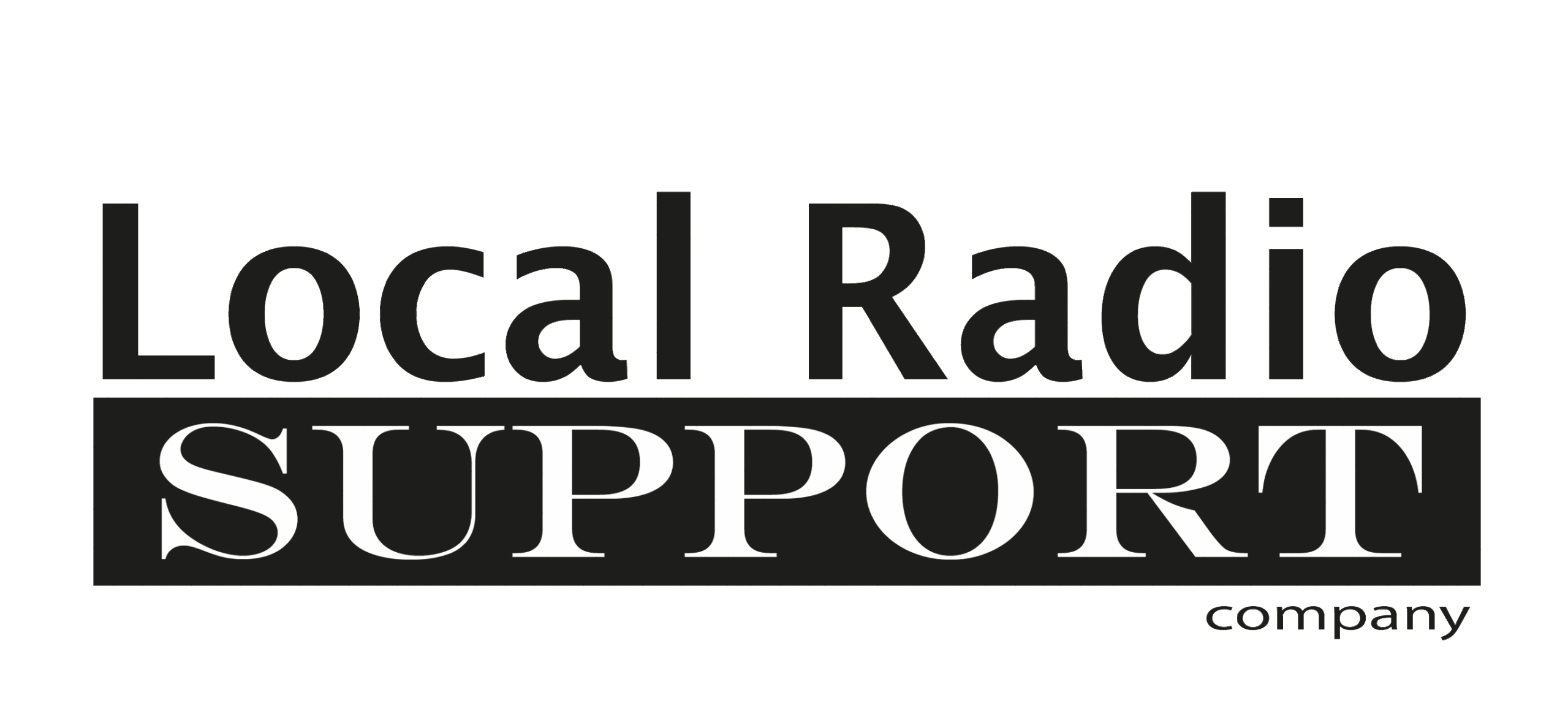
Sales tips for new stations
For anybody launching a new radio station the “to do” list is, as they say, as long as your arm and as the owner the buck stops with you for most things. Head of programming, head of HR, head of social media, head of music etc etc, the list goes on.
Eventually though you will come to the part of the “to do” list that says something like “make some money to pay for this thing” and you instantly add “head of sales” to your long list of titles.
Let’s not beat around the bush – in this day and age selling any type of media is tough. It’s incredibly competitive, not only are you selling against other radio stations in your area and local newspapers but now you also have to compete with the might of Facebook as they make it easier and easier for small local businesses to advertise on their platforms.
But, enough of the doom and gloom you still have a job to do, so where to start? Rather than rush into this, take a step back and start to put a plan in place:
- Understand your brand – what type of radio station have you created? You’ll have done this right at the start of your journey but now it becomes really important as this dictates the type of audience you are likely to attract and in turn the type of client that will want to talk to them. Create your “brand story”, a story that resonates with potential advertisers and brings your radio station to life.
- What type of audience are you hoping to deliver? Again, this was one of the first things you did when you planned the radio station but now is the time to bring them to life and paint a picture for your potential advertisers. Numbers and facts do a job but being able to sit in front of a potential advertiser and paint a picture of your listeners is a very powerful and persuasive tool.
- What do you have to sell? Think about the different commercial options available to you (it’s a long list) and start to decide what you want to offer to potential advertisers. A lot of stations start with only two, standard audio advertising and sponsorship to keep it simple but it doesn’t have to be that way. Virgin Radio’s flagship breakfast show launched ad free leaving Sky, through their show sponsorship, as the main commercial partner. An extreme example but it’s an option. On a smaller scale, new Kent based internet radio station “Made In Kent” runs ad free, instead offering clients the opportunity to promote themselves through hourly business profiles. Food for thought.
- How much do you have to sell? It’s the age-old conundrum for radio stations of any size – how much advertising “noise” do you broadcast compared to audience attracting content and how do you get the balance right. When a station first goes to air, the rule of thumb is go light on commercial content and build an audience. Allow for minimal traditional advertising minutage and focus on launch partners who can sponsor key shows and features. P.S. don’t forget your digital and social media opportunities for advertisers.
- How much are you going to sell it for? A simple question but with no simple answer I’m afraid. I can offer 2 suggestions:
- From the bottom up – set your pricing based on competitor analysis and gut feel, multiply this by the quantity you’ve decided on and that will give you the ceiling revenue you can achieve. Add in a % fill rate to make your forecast a bit more realistic.
- From the top down – identify how much your commercial efforts need to generate every month and calculate the pricing and inventory levels accordingly – simple (ish).
- Who is going to sell it for you? If you’ve got points 1 to 5 covered then the commercial side of your radio station is in a good place and you are ready to put yourself in front of potential advertisers. But the question is, who is going to do this for you? Recruiting a salesperson is, to say the least, a bit of a minefield. Selling radio isn’t impossible but it certainly isn’t easy and how to pick a sales winner to is enough of a topic for a whole new Blog. As a headline I would offer this advice – when making a decision on who to take on as a salesperson, go with a few teaspoons of personal recommendation, a cup full of tried and tested interview technique and a healthy dose of gut feel.
- How much money are you actually to make? See point 5 I’m afraid.
